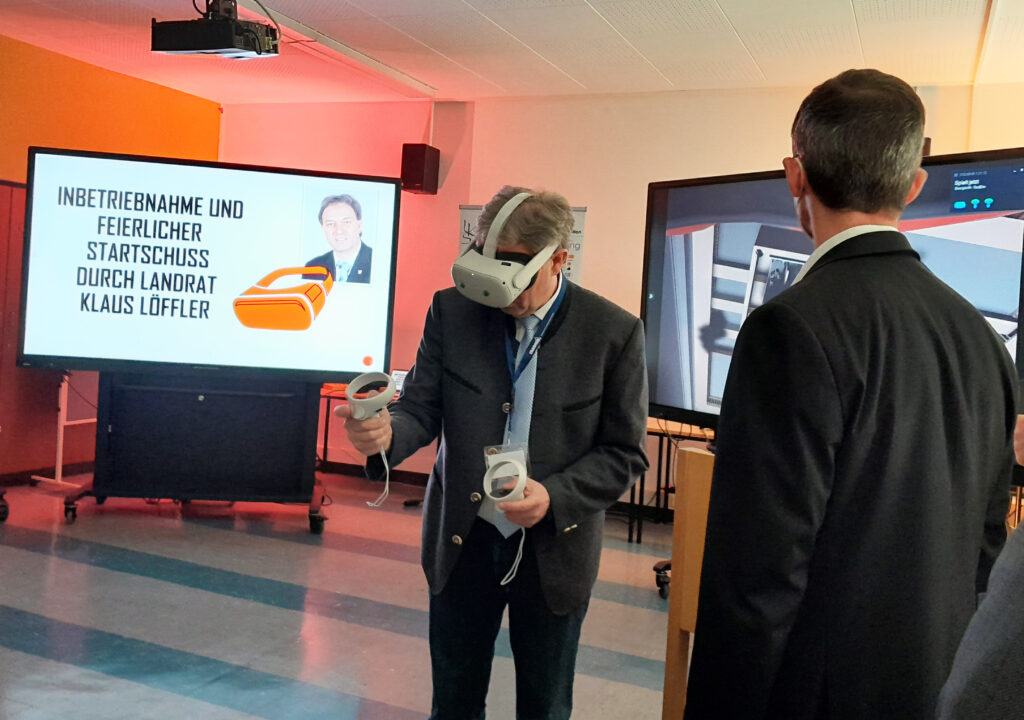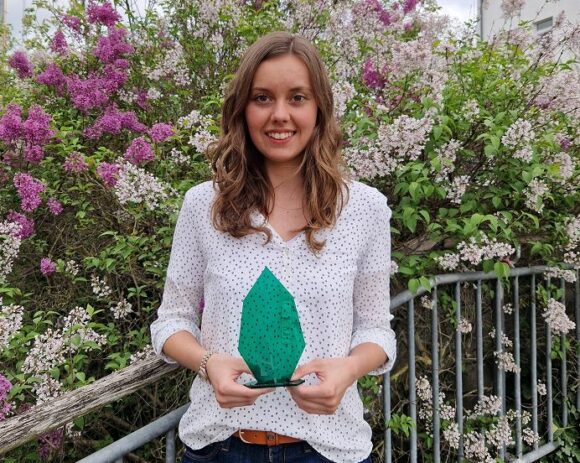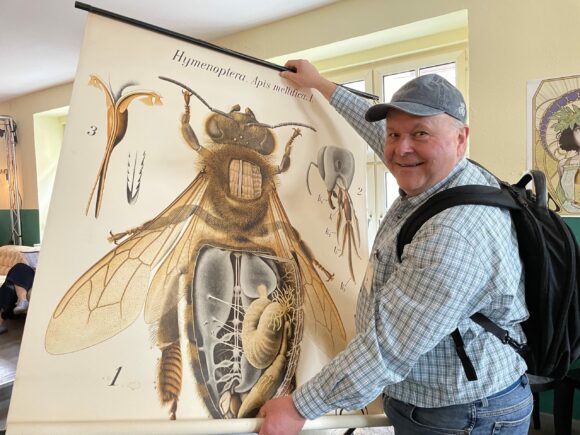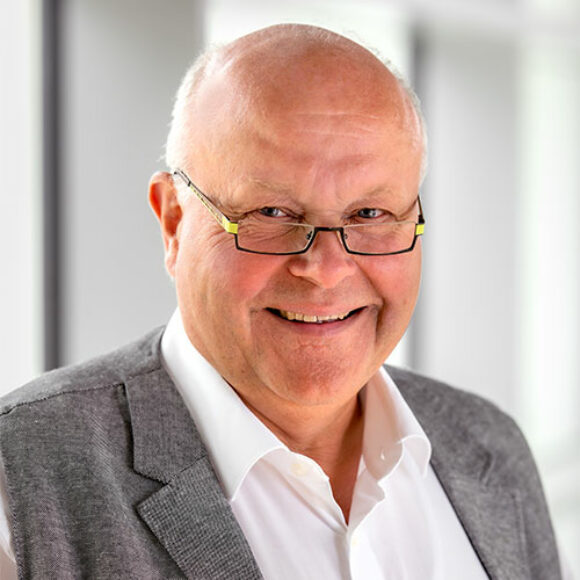In the VR project with the Lorenz Kaim Vocational School in Kronach, the Institute for Information Systems at Hof University of Applied Sciences (iisys) developed a VR application that can be used to practice working under voltage in electrical engineering in virtual space (“Campuls-digital” reported) . After testing the VR environment together with a group of students from the vocational school, the VR application was officially launched at the beginning of May: it will now be part of everyday teaching at the Lorenz Kaim School in Kronach.

While VR glasses normally run independently, here the VR software is run on a high-performance PC, and the VR glasses are connected via WLAN as a monitor (Air-Link). Users can pull a NH fuse and change an electricity meter in a virtually recreated room.
Lighthouse project between school and academic teaching
Colleagues from the Lorenz Kaim Vocational School came into contact with Prof. René Peinl’s team via a networking event organized by the Kronach Innovation Center. The two teachers Florian Brückner and Thomas Böhm jointly designed the learning scenario for the vocational students and iisys implemented it technically. For this purpose, the technical room of the school was simulated as realistically as possible in order to get to know the so-called five rules of electrical engineering virtually: the system is switched off first, switching on again by others is prevented, voltage is checked, a mat insulates to the floor and insulated gloves are put on. If any of these rules are disregarded, the learning environment reacts.
We all had to take another deep dive into the basics during the project. There are no accidents in the virtual world: Every detail had to be coordinated and programmed.”
Marcel Igel, research assistant at iisys
The application was tested together with a group of students, and is now being put into operation.
Increasing attention is enthusiasm – and I saw enthusiasm in the students’ eyes. It was great to see the students embrace the project and unanimously say they want to continue learning with technology.”
Florian Brückner, teacher
His colleague Thomas Böhm adds that practice in the classroom is a core issue for the school.
We would never let our students pull such fuses under power in real life. The project gives us the chance to make experiencing the real danger possible.”
Thomas Böhm, teacher
For me, the project was interesting because I had previously tried out work in an electricity-free environment – Here you could experience the specific emergency.”
Niklas Diller, student representative of the Kronach Vocational School Center
Application development
The team at iisys, consisting of Professor René Peinl and research assistant Marcel Igel, selected the hardware and worked on the compromise between as close to reality as possible on the one hand and fluid usability on the other.
The VR application allows students to experience things that are either too expensive or too dangerous in the real world – like electrocution. Experiencing the danger is a lasting impression that is conveyed here.”
Prof. Dr. René Peinl
VR applications of this kind can also be used in medical training, for example in simulated hip operations, or in engineering training, for example in electrical engineering. It also opens up a new type of interaction in the training of software developers. One example is the project “iLE – Immersive Learning and Experience” by Prof. Dr. Sebastian Leuoth and Prof. Dr. René Peinl, which was one of the prize winners at the Dies academicus (“Campuls-digital” reported)
If we move away from looking at the point in time and look at the period of time, we see the massive progress that shows how important it is that we deal with these technologies now.”
Prof. Dr. René Peinl
Funding
The project is funded by the Free State of Bavaria for the research center “Man Machine Interface” in Kronach.
Political support
Guest at the event was also the district administrator of Kronach, Klaus Löffler, who is responsible for the project. As district administrator and former student of the vocational school, he tried out the application in front of the audience and appealed to local medium-sized and small companies.
This project has to do with our students, but it also addresses our companies: Take advantage of this great project.”
District Administrator Klaus Löffler







